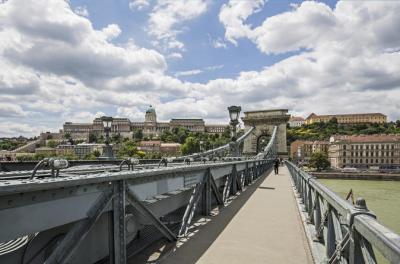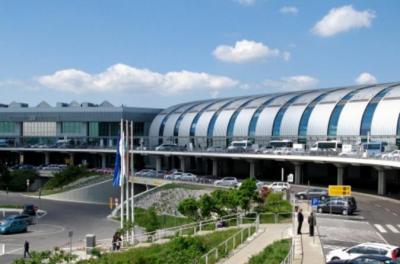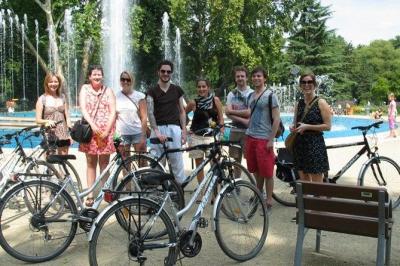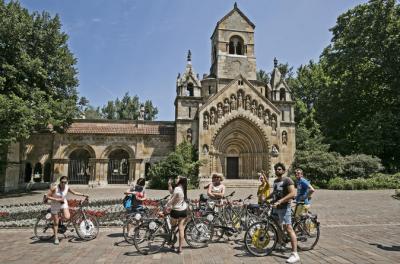Information / History & Culture
History and Culture:
Budapest history:
Budapest history is not the least bit boring, though the city was born only in 1873, with the amalgam of Buda, Pest, and Óbuda. The three parts of the city were developing separately throughout the centuries. The city of happiness Budapest has experienced many wars, invasions, liberations, just to be at its place again. But the city is like a tough lady, always manages to survive, win, and miraculously revive.
In the early times of history, many nations realized the strategic importance of the Hungarian capital and the surrounding area. The Buda Hills were towering above the Danube and provide incredible defensive positions and potential control of Central Europe’s main waterway to its inhabitants.
Archaeologists of that time were so efficient they found evidence of human settlements as early as 500,000 BC which was an incredible act. By all this effort they came to know that during the first 1000 years BC Illyrians and Celts lived in the area for so many years. The main written Budapest history starts with the Romans and they were the ones who initiated it. They conquered the area without resistance in 35 BC and founded a colony here which was then named as Pannonia. Although the Romans stayed here only for a couple of centuries, we can still feel their influence on the city and see the traces they left behind.
At the end of the seventeenth century, the Habsburgs invaded Transylvania and Ottoman territories in the city Pannonia, so all Hungarians came under the rule Habsburg. Under the leadership of Lajos Kossuth and Lajos Batthyány, they raised a rebellion against the Habsburgs, demanding national rights. However, what the Hungarians sought from the Habsburgs, they did not give to non-Hungarian population, which was one of the reasons why the other sided with the Habsburgs. The revolution was brutally suppressed, but after 1860, Habsburg policy changed towards Hungarians. In 1867 the Habsburg monarchy was transformed into the Austro – Hungarian Empire and Hungary were given a large degree of autonomy.
Budapest culture:
The word boredom isn't in Budapest's vocabulary. The culture of Hungary and Budapest culture with art scene is so vibrant and diverse that even the choosiest tourist will be overwhelmed with activities to fill their days and nights. The city is jam-packed with museums, galleries, theatres, concert halls, movie theatres, and nightclubs, not to mention the many Budapest festivals and events that consume the city year-round.
The Budapest culture has many things to mention like Budapest museum and galleries, Budapest theaters and concert halls, opera performances, Budapest movie theaters, and how can we forget the Budapest nightlife which has a great role in Budapest culture.
Featured Tours In Budapest

Budapest All in One Walking Tour
$41.75 ^
per person

Budapest Airport Private Arrival Transfer
$13.86 ^
per person

Budapest Segway Sightseeing Tour
$44.07 ^
per person

Budapest Sightseeing Tour by Bike with Lunch
$32.47 ^
per person

Small-Group Budapest Caving Adventure
$44.07 ^
per person

